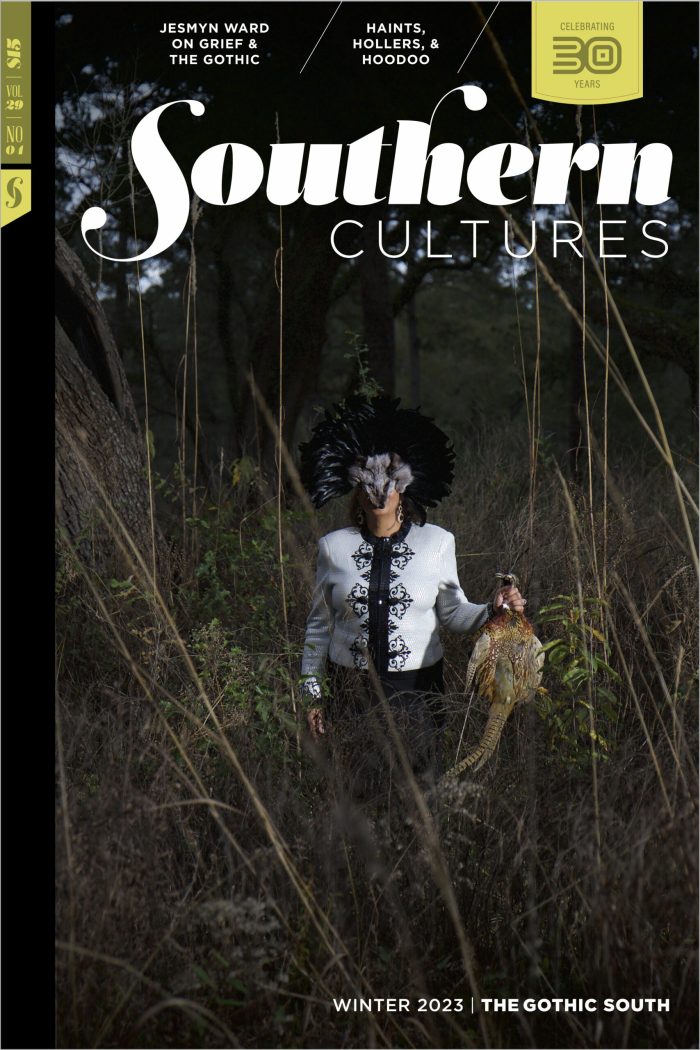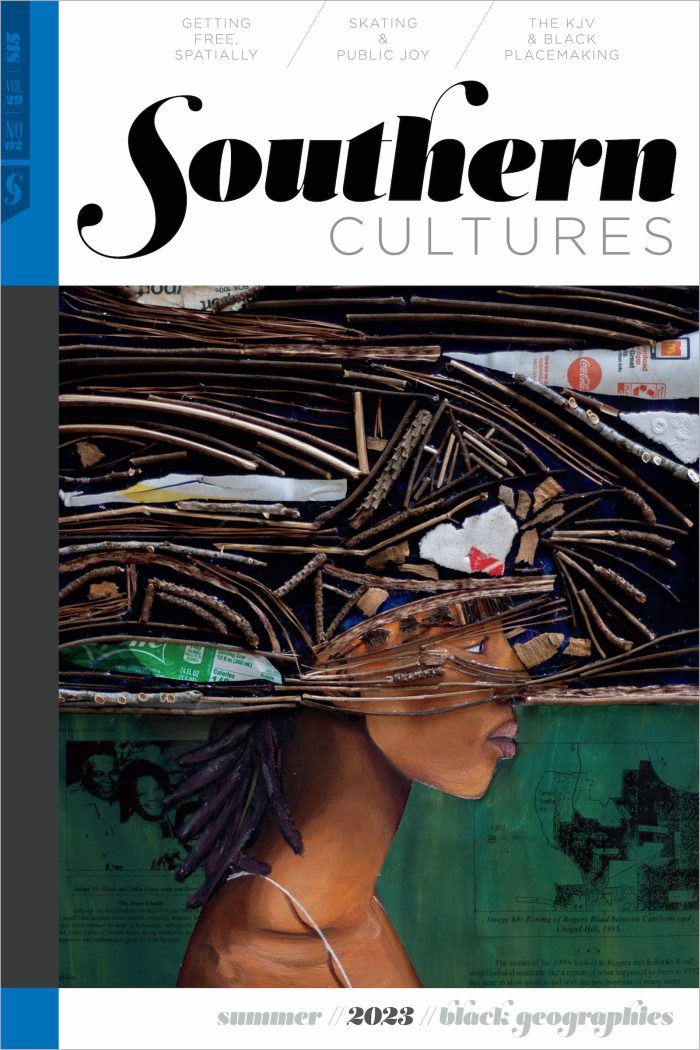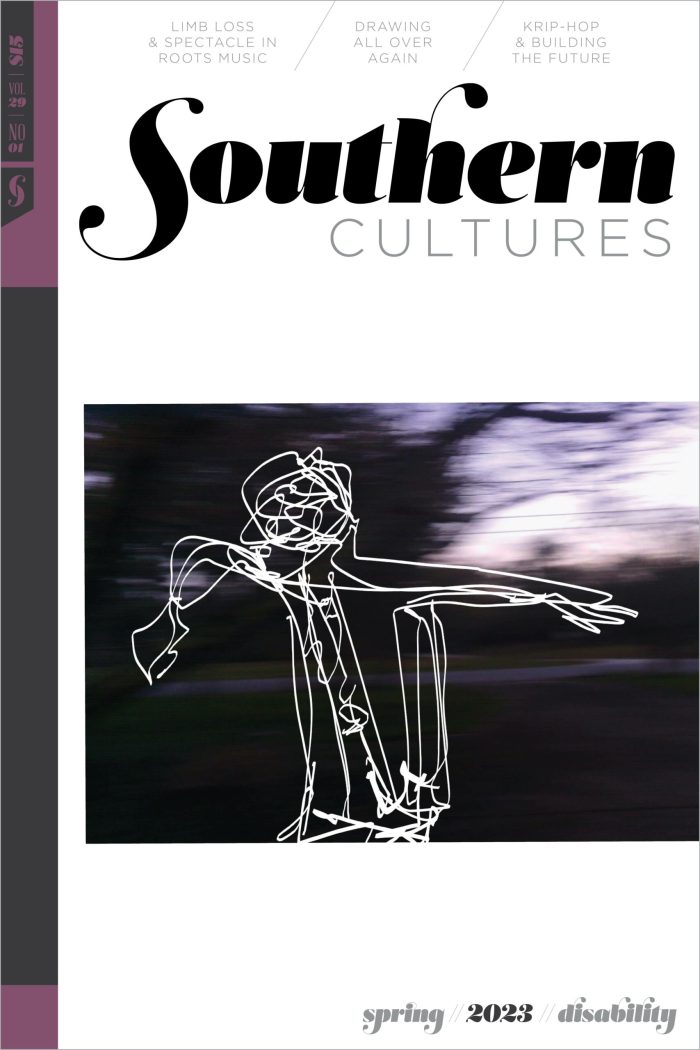BUY ACCESS
by Jocelyn R. Neal
“Rivers take us back into history, sometimes literally, as the mighty Colorado has laid out the past in the rocky strata of the Grand Canyon. But elsewhere, that time-travel is sparked in the imagination.” One hundred and thirty years ago, Huckleberry Finn’s wild adventures on the Mississippi River first entered our imaginations, made all the »
Politics
by Stephen Berry,
James Hill Welborn III
“He had acted so precipitously so often in affairs of honor, and it had won him only paternal disapproval and a cane, a limp, and ignominy in Mexico. Now he had righted the ship; he had become a man of greater moderation and restraint.” Looking out across the scorched strand from atop one of the »
BUY ACCESS
by Michael W. Panhorst
“These wartime memorials represent the earliest efforts to [illuminate] the sentiments of soldiers who memorialized their very recently fallen comrades and the heroic events of the war on the very ground where the historic actions occurred.” The New York Times was wrong in more than one respect when it heralded the dedication of two monuments »
Essay
Rural Comedy, Public Persona, and the Wavering Line Between Fiction and Reality
by Sara K. Eskridge
“‘A mother and a little boy were walking along, and I could tell the minute the recognition hit the little boy,’ Nabors told the LA Times. ‘As he walked by holding his mother’s hand, he said in a real loud voice, ‘Look, Mother. There goes an old Gomer Pyle!'” Walking through Chicago’s O’Hare airport, Jim »
BUY ACCESS
by Amanda M. Brian
“A founding family? Check. A harmless eccentric? Check. A local folktale? Yes, see ‘The Legend of Bocephus’ explained on Lake Sumter’s boardwalk.” The Villages, a planned retirement community, lies about an hour’s drive northwest of Orlando in the lake-studded landscape of central Florida. Imagine one of its community members—a Villager—enjoying a stroll on a warm »
BUY ACCESS
by Benjamin Houston
“‘The myth of rampant hard-hearted hard cruelty, that has occurred to some extent. There are always some cruel people in the world, but fortunately they’re in the minority. That warm relationship between the races did exist in times of slavery and in times of segregation. Segregation, by the way, was a northern invention. Did you »
BUY ACCESS
by Angie Maxwell
“When real representational samples of African Americans and Latinos are included—and the default assumption of ‘southern’ as white is challenged—there are very few differences of note between the South and the rest of America.” In 2001 the talented up-and-coming rock band Drive-By Truckers released Southern Rock Opera, a critically acclaimed album that was produced only »
BUY ACCESS
by Morgan Ginther
“‘The white testimony is a blank to me. I don’t think it meant anything. I don’t think it had any impact. As soon as Fannie Lou Hamer started, it was all forgotten.'” I first met Former Vice President Walter Mondale on October 14, 2010, at the Westminster Town Hall Forum in Minneapolis, Minnesota. He delivered »
by Brian Carpenter
He who lives by the song shall die by the road. —Roger Miller (1) Even before he became the “King of the Road,” Roger Miller reigned as the undisputed king of the dashboard poets. By his own recollection, he composed his first solo hit, “You Don’t Want My Love,” on the road from Fort Worth »
Food
by Bernard L. Herman
Part I Eels rolled in crushed black pepper and chopped parsley cook in the smoker. Four more culled from the twenty or more in my eel pots chill on ice awaiting the same culinary fate. It’s September and winter holidays start early around here, and smoked eel is a part of the celebration. I always »
BUY ACCESS
by Joseph Bathanti
“my father, as yours, deep in the pit, my mother silent as plums . . . “ (as Ezra Pound’s adaptation, from the Chinese,of Li Po’s “The River-Merchant’s Wife, A Letter”)“Southern women have alabaster skin.” —Li Po We were from the same town, Cowen,along the Gauley, WebsterCounty—church, twice of Sunday,Wednesday evening prayer meeting.





